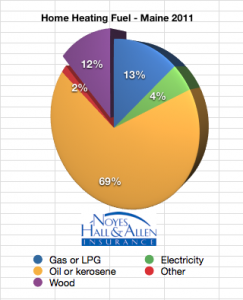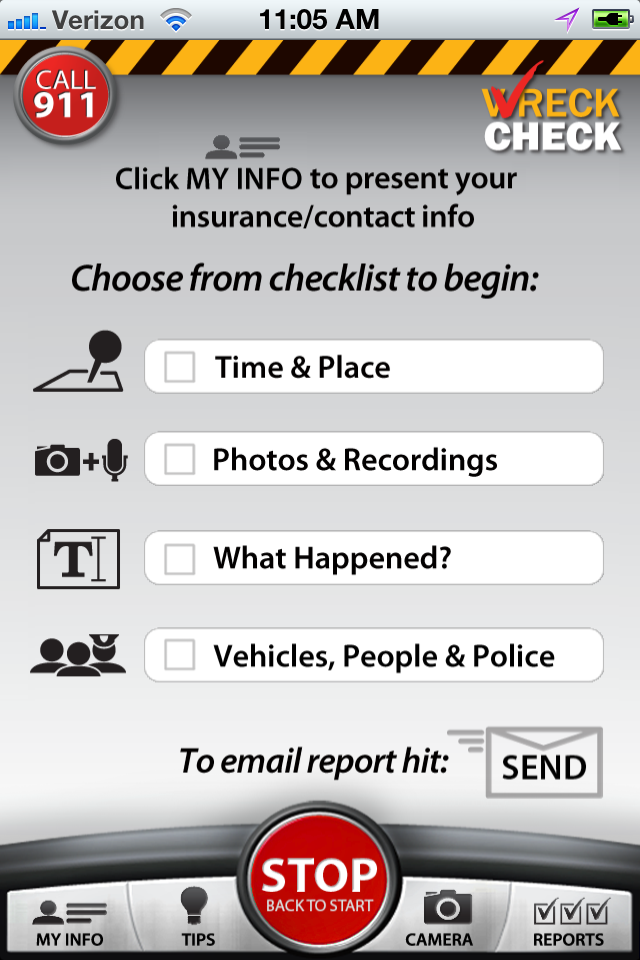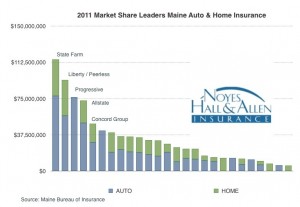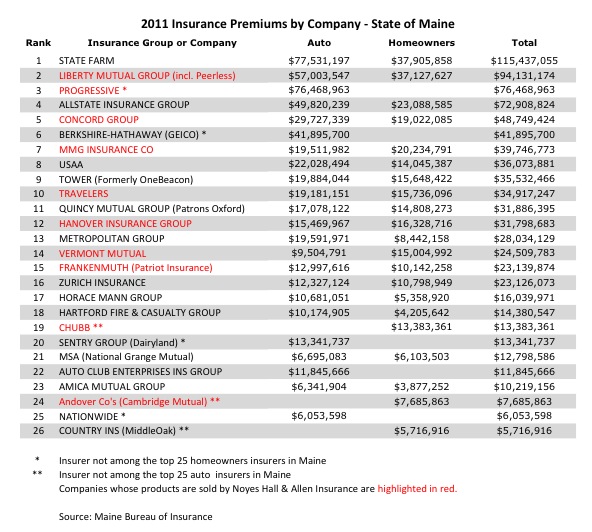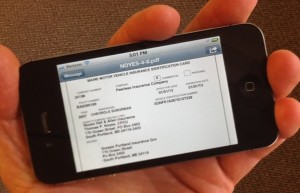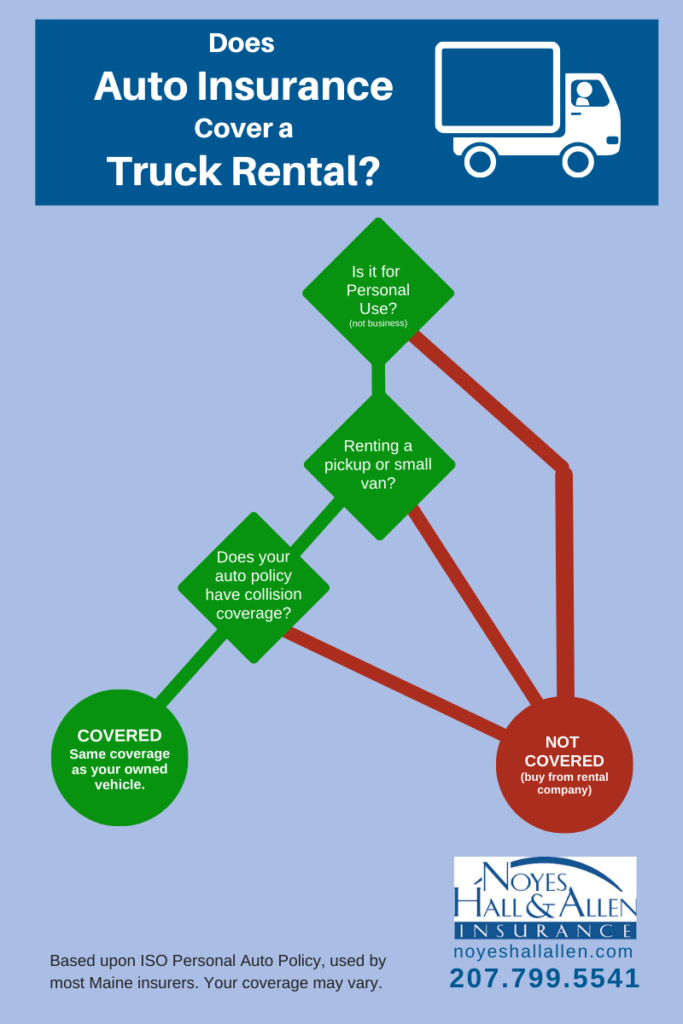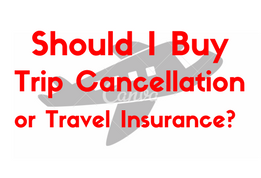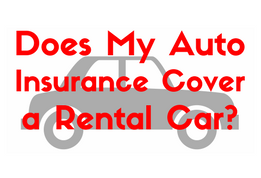It’s summer in Maine, the short, sweet season we all wait for. Our social calendars fill up this time of year. From back yards to beaches, function halls to to city streets, it seems there’s a festival, party, wedding or other event to celebrate every weekend.
If you host a party, are you liable for injuries to a guest? What if you rent a hall? Does it make a difference if you provide alcohol for your guests, or they bring their own? Are you responsible for your guests after they leave? If you are liable, does your Maine homeowners insurance cover you? Here are some answers.
What is Negligence?
To be legally liable for injury or damage, you have to be found negligent. Negligence is a very complex subject. There are entire books written about the subject. But at its most simple, negligence requires 4 things:
- A duty of reasonable care – for example to keep your steps in good condition.
- A breach of that duty – e.g. leaving your child’s tennis ball on the stairs.
- Harm – injury to a person or damage to property – e.g. your guest, a Division I scholarship pitcher, falls down the stairs and breaks his pitching arm.
- Proximate cause – e.g. the ball caused the guest to fall, which caused the injury.
Someone is Injured at Your Home
You hold a high degree of care to people you invite onto your premises. If you host a party for your son’s baseball team, you could be considered liable if:
- someone twists their ankle in a hole in your yard;
- someone slips on water in your kitchen;
- your deck collapses when people are on it;
- someone is injured when horsing around the deck of your pool.
Homeowners, Condo or Renters Insurance – If you’re negligent, the liability section of your policy would pay damages to people who are injured, along with any legal expenses to defend you.
Someone is Injured Away From Your Home
If you rent a function hall or hotel for a wedding reception, bat mitzvah or other party, you will probably sign a contract. The contract specifies who is responsible for any damage or injury. The hall may ask you for proof of Maine liability insurance. Usually, your homeowners or renters insurance is sufficient. For an large or involved function, you may need to buy Special Event Insurance. Your local Maine insurance agent can help you evaluate this.
Homeowners, Condo or Renters Insurance – Your local agent can help you evaluate the contract and whether the liability section of your policy would pay damages or legal expenses to defend you.
Hosting a Party With Alcohol
There is a special area of negligence called “host liquor liability”. In short, if you provide alcohol to guests, the chances of injury or damage increase. You may be held responsible for injuries or damage caused by intoxicated guests, even after they leave your premises. The best way to protect yourself is to hire a professional bartender, and ask them for proof of insurance.
What if your party is not at your home? It doesn’t matter; if you are the host or organizer of the party, you can be found responsible.
What if your party is BYOB? You’re still not off the hook. If you allow people to consume too much alcohol on your premises, or allow them to leave while drunk, you might be found responsible for the consequences. Needless to say, if you allow minors to consume alcohol, you can be subject to criminal law and penalties, not just negligence law.
Homeowners, Condo or Renters Insurance – Most policies provide liability coverage for host liquor liability at your home or another location, as long as you’re not charging for alcohol. No insurance policy covers criminal penalties or defense against criminal allegations.
If you are a Maine resident, and have questions about insurance, we’re happy to answer them. Contact a Noyes Hall & Allen agent at 207-799-5541. We’re independent and committed to you.


